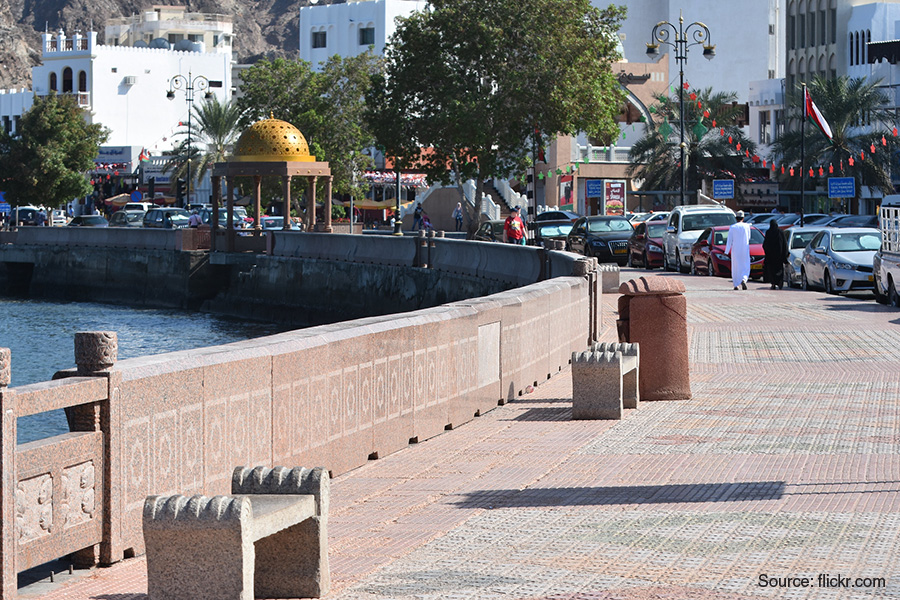
The Sultanate of Oman is planning to introduce a 5% value-added tax (VAT) in April, following the lead of its neighbouring Gulf Cooperation Council (GCC) member states. It will thus become fourth Gulf state to introduce VAT after UAE, Bahrain and Saudi Arabia.
The Sultan of Oman, Haitham bin Tariq Al-Said, issued a decree on Monday to start imposing a 5% VAT within six months. Oman News Agency said that a law was also issued to amend some provisions of the Criminal Procedures Law, and that the VAT law will be imposed on most goods and services, with some exceptions. Essential food items, medical care, education and financial services will be exempted.
The government said it would have a limited impact on the cost of living.
The tax will be applied 100% on tobacco and its derivatives, energy drinks, alcoholic beverages and pork, while 50% will be applied to soft drinks based on their retail price.
The sultanate intended to impose 5% VAT in 2018, but postponed it until 2020.
The law is part of a broader 2016 agreement between all six GCC states and Saudi Arabia.
Oman, the biggest oil exporter outside OPEC, was among the more vulnerable economies in the six-member GCC, even before falling crude prices and the COVID-19 pandemic impacted it. Its budget deficit as a share of gross domestic product is anticipated to be among the highest in the region, according to the IMF.
Oman held off from introducing VAT so far, despite calls from the International Monetary Fund to speed up its rollout. The sultanate has introduced a series of other reforms, including cuts to fuel and electricity subsidies. It has been “able to remodel itself and re-engineer some of its deals” and has recently introduced a new foreign investment law.